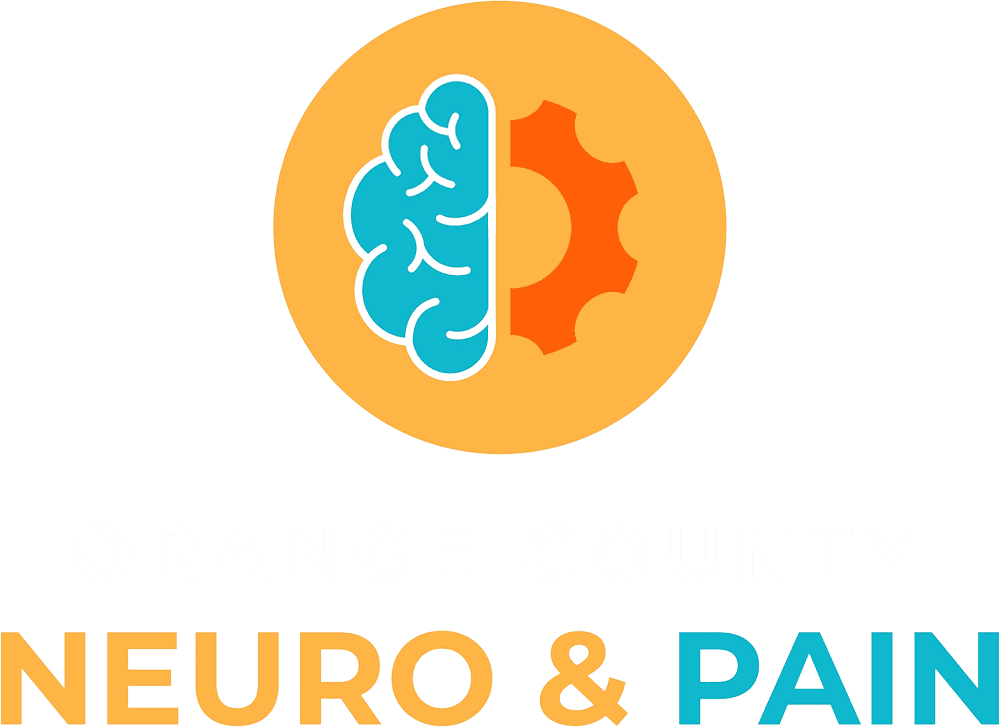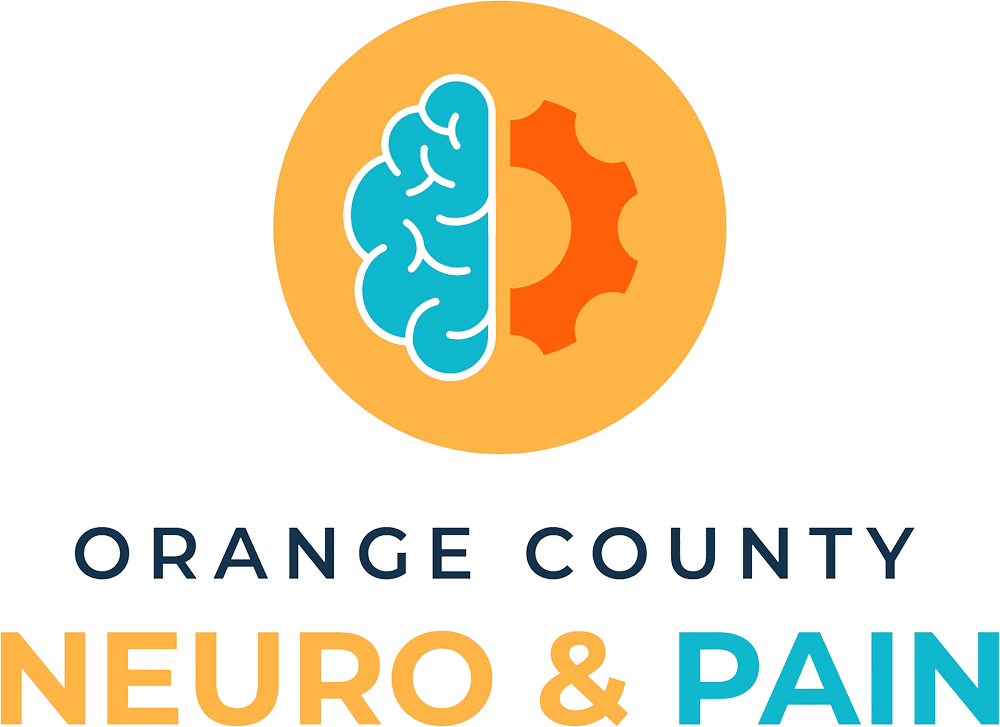

Opioid addiction is a serious problem affecting millions of people worldwide. It can occur when a person uses prescription or illicit opioids for an extended period of time, leading to changes in the brain that result in a physical dependence on the drug.
What Are Opioids?
Opioids are a class of drugs that include prescription pain relievers like oxycodone, hydrocodone, and fentanyl, as well as illegal drugs like heroin. They work by binding to specific receptors in the brain and blocking pain signals. However, they also produce a sense of euphoria, which can be addictive.
Effects of Opioid Addiction
Over time, the brain becomes dependent on the drug to function normally. If the person tries to stop using the drug, they may experience withdrawal symptoms such as nausea, vomiting, diarrhea, anxiety, and insomnia. These symptoms can be extremely unpleasant and may cause the person to continue using the drug to avoid them.

Additional signs of opioid addiction include:
- Weight loss
- Decreased libido
- Drowsiness
- Changes in sleep habits
- Changes in exercise habits
- Poor hygiene
- Frequent flu-like symptoms
- Isolation from family or friends
- Stealing from family, friends, or businesses
- New financial difficulties
When a person takes opioids for an extended period of time, the brain adapts to the drug and develops a tolerance. This means that the person needs higher doses of the drug to achieve the same effects. As the dose increases, the risk of overdose and other negative consequences also increases.
In addition to physical dependence, opioid addiction also involves psychological dependence. The person may experience intense cravings for the drug and may feel like they cannot function without it. They may also spend a lot of time and money obtaining the drug and may neglect other aspects of their life, such as work or family obligations.
Risk Factors For Opioid Addiction
There are several risk factors that can increase a person’s likelihood of developing opioid addiction. These include a history of substance abuse or addiction, a family history of addiction, chronic pain, problems with past employers, risk-taking or thrill-seeking tendencies, heavy tobacco use, young age, prior drug or alcohol rehabilitation, unemployment, history of criminal activity or legal problems involving DUIs, regular contact with high-risk people or environments, and mental health conditions such as depression or anxiety.
Additionally, people who misuse opioids by crushing or injecting them are at a higher risk of developing addiction and other negative consequences.
Treating Opioid Addiction With Ketamine
Ketamine is being studied as a potential treatment for opioid addiction. The drug works by blocking a specific receptor in the brain that regulates mood and anxiety, which can help reduce cravings and withdrawal symptoms associated with opioid addiction.
Ketamine treatment for opioid addiction typically involves low doses of the drug administered intravenously over a period of several days. The treatment is typically provided in a hospital or clinic setting and is closely monitored by medical professionals. Patients should speak to their doctor to find out if ketamine could be an effective treatment for their opioid addiction.

